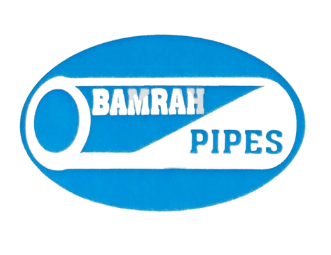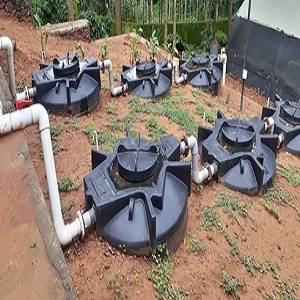Fecal sludge treatment plants (FSTPs) are an essential component of sustainable sanitation systems. They are designed to treat human waste and other organic materials to produce treated water and solid waste that can be safely disposed of or reused. In this article, we will discuss FSTPs, their uses, and the type of pipes used in their construction.
What are FSTPs?
FSTPs are wastewater treatment plants that are specifically designed to treat fecal sludge. Fecal sludge is the semi-solid material that accumulates in septic tanks, pit latrines, and other on-site sanitation systems. FSTPs use a combination of physical, chemical, and biological processes to treat fecal sludge and produce treated water and solid waste.
Uses of FSTPs:
FSTPs are primarily used to treat fecal sludge and other organic waste materials in a safe and environmentally friendly manner. The treated water can be reused for various purposes, such as irrigation and industrial processes. The solid waste produced by FSTPs can be safely disposed of or used as a source of energy through anaerobic digestion.
Pipes Used in FSTPs:
The type of pipes used in FSTPs depends on the specific requirements of the plant. High-density polyethylene (HDPE) pipes are commonly used in FSTPs due to their durability and resistance to corrosion. HDPE pipes are also flexible and can be easily installed in tight spaces, which is particularly useful in FSTPs.
In addition to HDPE pipes, PVC pipes are also used in FSTPs. PVC pipes are resistant to corrosion and are suitable for conveying both liquid and solid waste materials. They are also easy to install and require minimal maintenance.
FSTPs are an essential component of sustainable sanitation systems. They provide an environmentally friendly way to treat fecal sludge and other organic waste materials, producing treated water and solid waste that can be safely disposed of or reused. HDPE and PVC pipes are commonly used in FSTPs due to their durability, resistance to corrosion, and ease of installation. If you are planning to construct an FSTP, it is essential to choose the right type of pipes to ensure the efficient and reliable operation of the plant.

